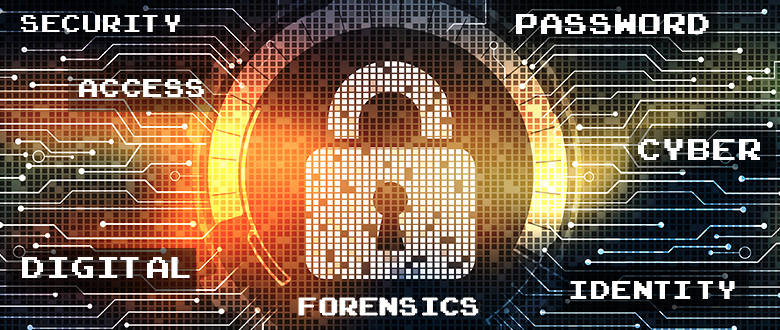XKCD posted quite nice comics with a reallife problem behind them. It is very likely that some Web-services do as described, either sell such info to third parties or use it for evil purposes. Our recommendation is if you cannot trust some of the websites, choose another unique password for them. It would be even wiser if you had different passwords for all websites you visit. Some even unimportant websites can aslo be cracked and even if they (better to say your data stored there) have no value at all, your password, can be tried for Facebook or LinkedIn, hopefully in vain.
Strong passwords are mutated passwords. Everyone who publishes recommendations on creating secure password says that you have to use both upper- and lower-case letters and inject some tricky special characters. Such recommendations may result in p@$$words and pAsswOrds, and p_a_s_s_w_o_r_d_s. The fact is that modern password recovery software uses dictionary attack to get one’s password back. Dictionary attack means searching lists of dictionary words and common phrases that can be found on the Internet or delivered with the software. It is easy to grab that dictionary words and word phrases make bad passwords, but one has to understand that adding special characters to these words and phrases does’t do them any good. Such password can be easily cracked when smart mutations option is on.


